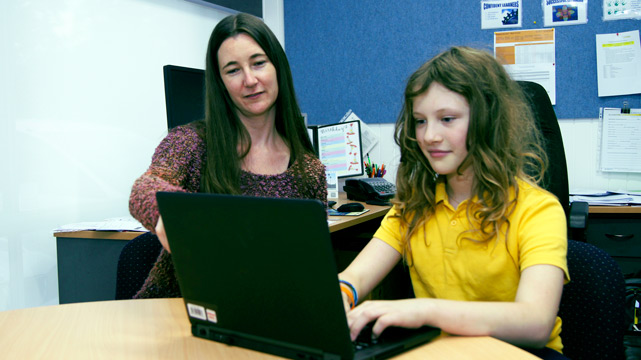Search
Research
Early Childhood DevelopmentEvery child deserves the best possible start in life. Evidence demonstrates the period from pre-birth to three years is a vital period of development. It lays the foundations for a child’s future and has life-long impacts on health, education, job opportunities, social inclusion and wellbeing.
Research
A surveillance clinic for children and adolescents with, or at risk of, hereditary cancer predisposition syndromesHereditary cancer predisposition syndromes (HCPS) account for at least 10% of paediatric cancers.1 Li‐Fraumeni syndrome (LFS) is a dominant HCPS caused by mutations in the TP53 gene and is associated with an 80–90% lifetime risk of cancer, commencing in infancy.2 Children of affected individuals are at 50% risk of inheriting the family mutation.
News & Events
Global Assault on Childhood Brain Tumours Gains MomentumA report outlining key steps to tackle a common and aggressive childhood brain tumor is gaining rapid momentum after attracting international attention.
News & Events
Dad’s Dream Inspires Global Cancer FightThe Global Symposium on Childhood Brain Tumours is bringing the world's premier childhood brain tumour researchers and scientists together in Perth.
Research
Whole genome, transcriptome and methylome profiling enhances actionable target discovery in high-risk pediatric cancerThe Zero Childhood Cancer Program is a precision medicine program to benefit children with poor-outcome, rare, relapsed or refractory cancer. Using tumor and germline whole genome sequencing (WGS) and RNA sequencing (RNAseq) across 252 tumors from high-risk pediatric patients with cancer, we identified 968 reportable molecular aberrations.
Research
Down syndrome or Rett syndrome in the family: Parental reflections on sibling experienceSiblings of children with intellectual disability have unique family experiences, varying by type of disability.
Research
Identifying factors contributing to shifts in children’s development on school entry in NSW over the past decadeThe aim of this project was to conduct a critical analysis of the AEDC data for NSW children to understand the factors contributing to the changes in child development outcomes over time.

News & Events
Student wellbeing just as important as academic successA team of researchers passionate about the social and emotional wellbeing of children have been refining a survey questionnaire.
Research
Social support helps protects against depressed mood in adolescenceThe goals of the current study were to identify different trajectories of sadness from Grade 6 to 9 in Australian school students, and to explore the role that social support from school, teachers, friends and families play in supporting students’ mental health.
Research
Associations between mental health profiles and later school outcomesThe dual-factor model of mental health proposes that high wellbeing and low distress are necessary to define mental health. This study used latent profile analysis to identify mental health profiles in a sample of 3,587 Australian grade 6 students and explored the association between mental health profiles and school outcomes measured in grades 7 and 9.
